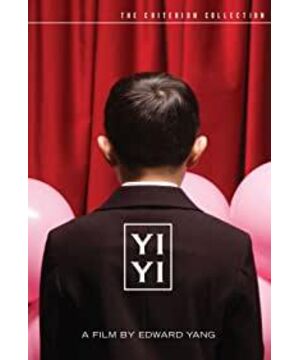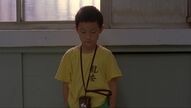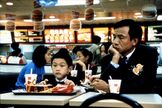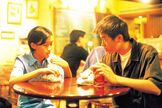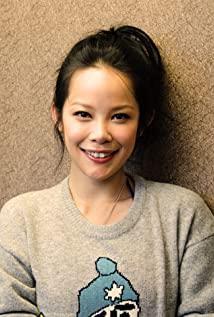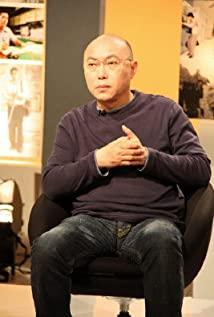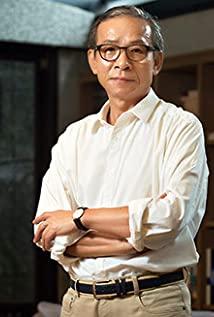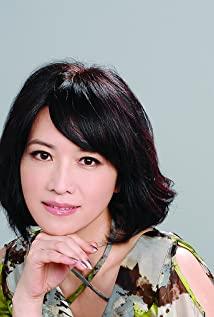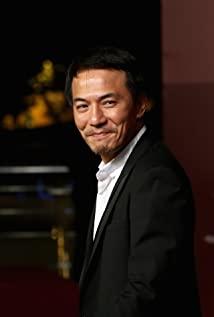Hehe last night I finally watched the borrowed "One One" for a long time. I didn't understand why its English translation was a one and a two before
watching the movie.
Two "ones" above and below form a "two". It is somewhat understandable!
As you said, this film is not depressing, and I will smile knowingly from time to time while watching it
Father (NJ) Daughter (Tingting) Son (Yangyang). -Youth-Adult
This film has a lot to say about it, but let's talk about the transformation between youth and adulthood that I am most concerned about at the moment.
Perhaps to make up for the lack of personal perspective, the director asked his daughter to recreate the story of his father and go to a hotel with her boyfriend to open a room. The original father's lover took him to the hotel, largely because she had no confidence in the relationship (as the father said later, devoting himself to him can give her a moral high ground, and there are good reasons to blame him for his ruthlessness. ). It may be assumed that Tingting has a similar idea (but I think that such elements are rare in Tingting, and her love for the boy is more triggered by sympathy), and finally the boy was in "I'm afraid this is not the case." "Okay," murmured to himself and fled in a hurry (at that time, I laughed, of course not laughing at his cowardice, but thinking what would I choose if it were replaced by myself? I don't know!)
Although both the father and the teenager chose to flee, but The motivations and behaviors of the two behind the escape are obviously different. Because my father couldn't bear the transformation of his lover, after he was admitted to the Department of Electrical Engineering according to her wishes, he chose the middle line in the conflict between his own will and the will of others - that is, he would never see her who represented the wishes of others, but he did not choose either. self's will. (It’s strange that his parents were absent at this time. I think his parents’ wishes were the deciding factor for his choice at that time. There is basically no conflict between the two generations in this film? This is because in modern society Does the individual stand out and the family fades out? Or is it the director who doesn't want to show it?)
Generally speaking, Chinese education frustrates our desire to think and speak independently, and it is difficult to cultivate such a position:
I am responsible for all my own choices and positions, which are based on my understanding of all aspects of the relevant events, And my reflection on my personal experience. Therefore, any external interests and pressures will not make me change my original intention, unless more facts make me see what I can't see before.
But my father still chose a kind of resistance way, though it was a shackled resistance.
He still has his own values and self-awareness.
In the next generation, that is, the boy and the girl who grew up in the commercial culture, I can't see a heavy struggling self, only a "self" who easily falls in love with, easily abandons, and even kills easily. is not. . . .
I remember the Czech writer Hraber said when he accepted the Nobel Prize for Literature: People often only condemn the 'cruelty of atrocities' without paying attention to the 'recklessness of the atrocities being carried out'.
It is not uncommon for people to 'recklessly commit atrocities' around us.
My question is how are the soulless people behind those 'reckless atrocities' created?
Perhaps the role of a good movie is to let the 'self' emerge slowly, and I believe that those who have encountered the 'self' will not commit atrocities lightly. I hope so. . . .
View more about Yi Yi: A One and a Two... reviews


